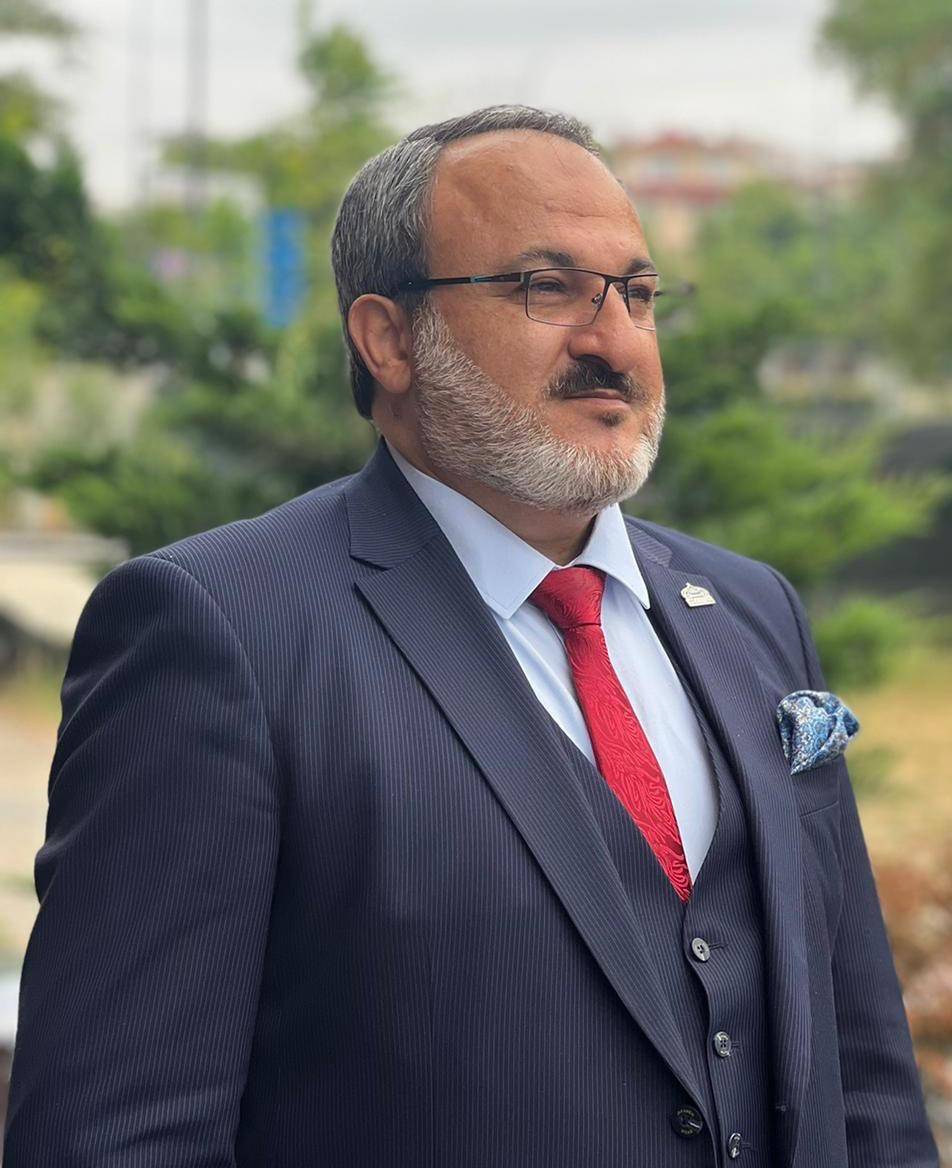Recently, in another shocking incident, Israel’s Culture Minister Miri Regev was outraged by a Palestinian children’s novel written by Walid Dagga, a Palestinian prisoner who spent more than thirty years in jail for resisting the occupation. In her opinion, he is in jail not to write novels but to be punished. This might cause shock to some, but this falls perfectly in line with how Israel’s official discourse stereotypes Palestinians: as mere demons who are able only to kill indiscriminately. Writing novels? Well, this does not fit in this stereotype.
Israel’s Minister of Interior, Aryeh Deri, prevented a launching ceremony for the novel being held in the writer’s home village. The Israel Prison Service declared that it will conduct a full investigation into the incident and punish the writer, who has already spent 34 years in prison.
Ironically, a few months ago Walid was punished by Israeli authorities by adding two more years to his sentence because he “conspired” with a Palestinian member of the Israeli parliament, Basel Ghattas, to smuggle mobile phones into prison. The news told us “an Israeli court convicted Ghattas on charges of fraud, breach of trust and smuggling a prohibited letter and electronic equipment into a prison. He was sentenced to two years in jail. An earlier charge of providing material support for the perpetration of an act of terror was removed as part of the deal and Ghattas was also forced to resign from his post”.
Why did Ghattas do it? He gave a simple answer in an article published by Middle East Eye: “It was a personal act, motivated only by humanitarian and moral reasons, for which I’m ready to take full responsibility […] One of the most severe atrocities that Palestinian prisoners endure is the denial of their right to communicate with their families and relatives by phone and the limitations that Israeli authorities put on the visitors they can receive”. He added: “Prisoners have only been allowed to see first-degree relatives every two weeks, although thanks to a new International Red Cross policy, that will be reduced to once a month”.
READ: Israel: Bill banning family visits passes first reading
A few weeks ago, I wrote about how Israel’s military intentionally targets Palestinian media workers covering the demonstrations on the Gaza fence, many of whom were killed by direct sniper shots hundreds of metres away from the fence. I also wrote, in another article, about how Israel’s court tried Palestinian poet Dareen Tatour and sentenced her to two years in prison for writing a poem reflecting her sympathy for the tragedy of her fellow Palestinians. I also mentioned Lama Khater, a Palestinian journalist, writer and a mother of 5 children, who was arrested at her home in the middle of the night and accused of building an armed terrorist organisation. These are not isolated incidents, but rather represent a mind-set and systematic practice based on pre-prepared plans.
This might explain why most renowned Palestinian poets spent part of their lives behind Israeli bars, had to go into self-exile or were assassinated. Israel never hated anyone more than Palestinian intellectuals and artists, because they are living proof that its narrative is completely fictional.
Even those Palestinian writers and artists who lived outside their homeland were targeted by Israel’s secret service – Mossad – and killed. Palestinian collective memory retains many stories in this regard, such as that of Ghassan Kanafani, Abdel Wael Zwaiter, Kamal Nasser, Majed Abu Sharar and many others.
READ: Photo exhibition highlights Israel’s violations against journalists in Gaza
Even when Palestinians are able to overcome Israeli restrictions and resentment to succeed, Israel wants to share their success. Israel insists on calling them Arab-Israelis, implying that it cherishes diversity and encourages “its Arab citizens” to unleash their potential. The Joubran Brothers, better known as Le Trio Joubran – an oud trio playing traditional Palestinian music – use every occasion to stress their Palestinian-ness, dedicating their work to a free Palestine and to their people who suffer under occupation. Yet, in the Israeli media they are referred to as Arab-Israelis and the same applies to Mahmoud Darwish, Samih Al-Qasim and many others.
The “Jewish Nation State Law” recently endorsed by the Israeli parliament leaves no doubt about the nature of this so-called state. Only followers of one religion – Judaism – are eligible to full citizenship and national rights, including the right of self-determination. Why? Because this is a Jewish State. The rest are only temporary residents according to Dore Gold, Israel’s former Director General of the Ministry of Foreign Affairs and a key ally and close adviser to Israeli Prime Minister Benjamin Netanyahu. When he was asked in an interview with Mehdi Hasan if Palestinian citizens also have a right to self-determination under the Nation State Law or only Jewish citizens, Gold answered: “Nope. Canadian immigrants in America don’t and nor do Mexican immigrants”.
This is a hatred mixed with envy because, deep in their hearts, Zionists know that even if they live for two thousand years or more on this land, they will never be able to love it and sacrifice for it as Palestinians do. They will never be able to get drunk on the smell of the soil, befriend little birds, memorise the face of each and every herb, shrub and bush on the hills, give names to the slightest blow of air and absorb the rays of the Palestinian sun on their skin. This land is not a production unit that you monitor from your air-conditioned villas with drone cameras. It is a story of thousands of years of love between two living beings – only the children of the soil understand.
READ: PLO: Israel practices ‘systematic aggression’ against Palestinian rights
The views expressed in this article belong to the author and do not necessarily reflect the editorial policy of Middle East Monitor.


![Palestinian women demonstrate to draw attention to Israeli blockade on Gaza on 9 March 2017 [Mohammed Talatene/Anadolu Agency]](https://i0.wp.com/www.middleeastmonitor.com/wp-content/uploads/2017/03/20170309_2_22306121_19694836.jpg?fit=1200%2C800&ssl=1)









